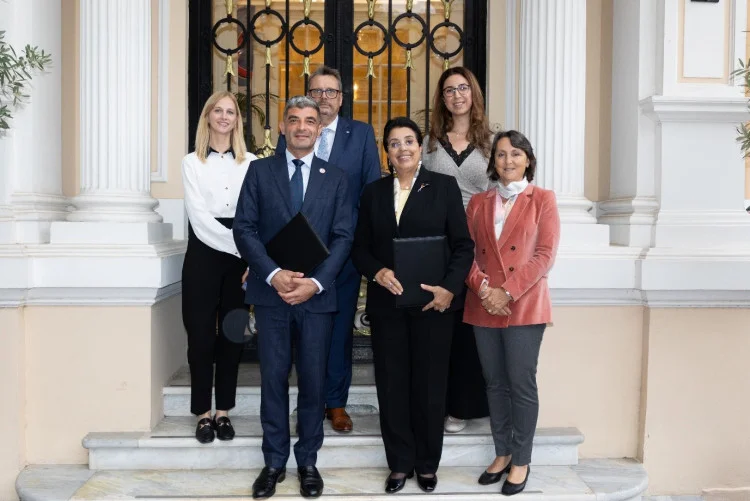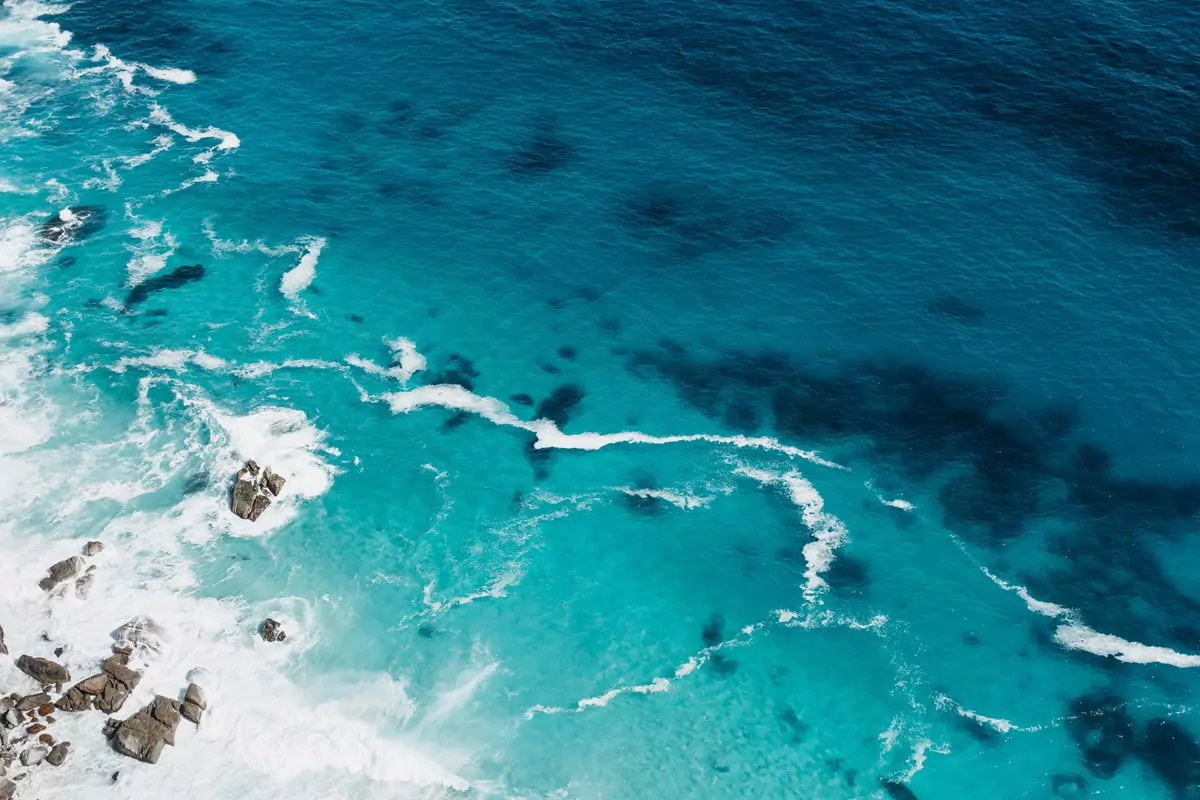The Prince Albert II of Monaco Foundation and the International Atomic Energy Agency have announced a collaborative project that will address the growing threat of ocean acidification and increase the study of its impacts on marine ecosystems.
This formalised partnership between the Prince Albert II of Monaco Foundation (FPA2) and the International Atomic Energy Agency’s (IAEA) Marine Environment Laboratories is centred on finding ocean-based climate solutions and advancing research on ocean acidification. The partnership agreement was signed by FPA2 Vice President and CEO Olivier Wenden and IAEA Deputy Director General Najat Mokhtar in Monaco in early October.
Understanding ocean acidification
Ocean acidification, a pressing environmental issue, is caused by the oceans’ absorption of human-generated CO₂ emissions. This increase in oceanic CO₂ disrupts the chemical balance of seawater, raising acidity levels and adversely affecting marine organisms, especially those with calcium-based shells or skeletons, such as coral and molluscs. Together with ocean warming and deoxygenation, these changes pose serious risks to marine biodiversity and ecosystems.
“Ocean acidification is a global problem, but its effects vary by region,” explains Wenden. “Some regions will be hit harder and lack the resources or capacity to monitor and adapt.”
Building cooperation for sustainable solutions
The global community generally acknowledges ocean acidification as a critical issue, and the United Nations Sustainable Development Goal (SDG) No. 14 specifically highlights the need to “minimise and address the impacts of ocean acidification.” Ocean acidification is also highlighted in the new Global Biodiversity Framework under the Convention on Biological Diversity. However, the capacity to monitor the process and its impact on biodiversity remains limited, especially in resource-constrained areas.
Through their new partnership, the IAEA and the FPA2 plan to co-host training sessions and expert meetings to assist the nations most affected by ocean acidification. They will also work to raise awareness by sharing the latest scientific findings with policymakers and stakeholders at prominent ocean-related events, including Monaco Ocean Week and the United Nations Ocean Conference.

The partners will explore additional joint projects targeting plastic pollution, an area in which both the IAEA, through its NUTEC Plastics initiative, and the FPA2 have considerable expertise.
“The IAEA is proud to formalise its long-standing collaboration with the Prince Albert II of Monaco Foundation, a key player in marine conservation both in Monaco and internationally, with whom we share the same values and goals,” said Mokhtar following the signing of the agreement. “Together, we’re committed to ensuring that scientific data and information to combat ocean acidification is available, amplifying our impact and enabling lasting progress for IAEA Member States.”
One of the partnership’s first initiatives will be the Winter School on Ocean Acidification and Multiple Stressors, scheduled for 18th to 29th November at the IAEA Marine Environment Laboratories in Monaco. This programme will provide early-career researchers with hands-on training to better understand and address ocean acidification in conjunction with other stressors affecting marine ecosystems.
Read related:
A wave of hope as 250 baby red corals are born in Monaco’s waters
Monaco Life is produced by real multi-media journalists writing original content. See more in our free newsletter, follow our Podcasts on Spotify, and check us out on Threads, Facebook, Instagram, LinkedIn and Tik Tok.
Main photo source: Unsplash
